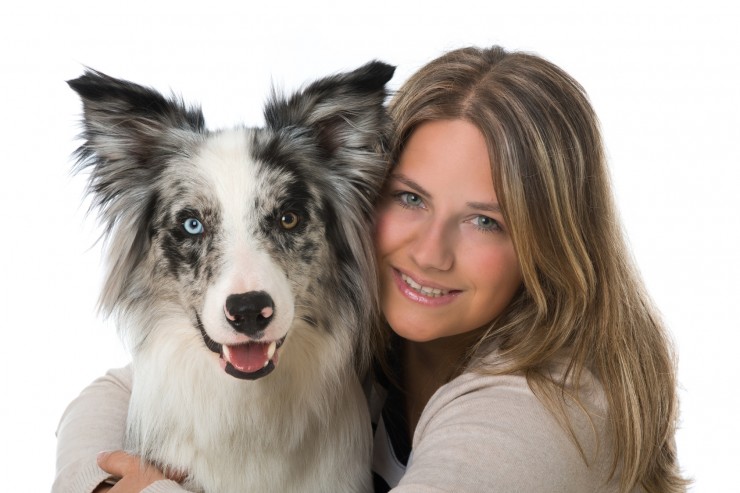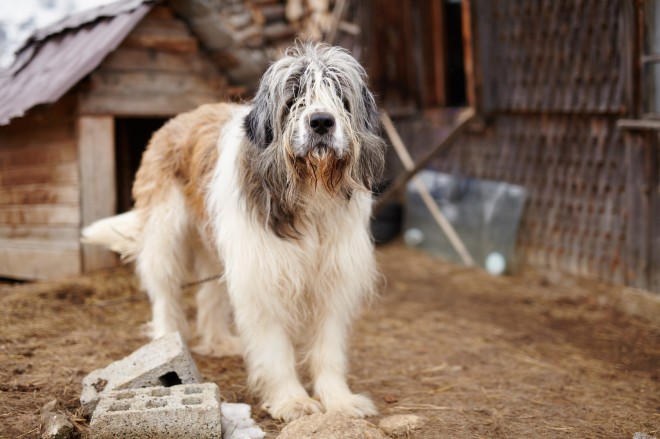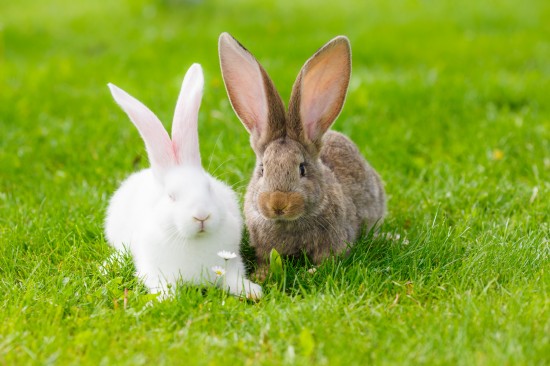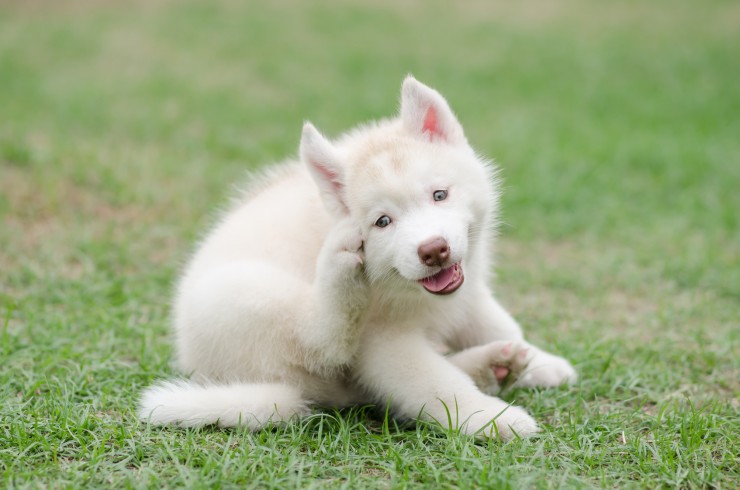
When it comes to feeding your dog, you essentially have two choices.
1. Choosing from the hundreds of dog food brands and treats on the market.
2. Using ingredients found in your own kitchen to whip up homemade dog food.
Each has its own pros and cons, but one thing’s for sure: you need to exercise more caution when creating your own food for your dog. You can just pop open a can of tuna, heat it and feed it to your dog–canned tuna lacks the essential nutrients found in commercial dog food.
But more importantly, making homemade dog food requires you to be aware of the foods you shouldn’t feed your dog with.
Below are some foods that you should never give your dog as a treat or a meal
Avocado
Avocados contain persin, which is harmless to us humans who don’t have allergies on them, but fatal to dogs in large quantities. Gardeners growing avocados in the home gardens will want to keep them away from their dog. Persin is present in the seed, leaves and stem of the plant.
Alcohol
Wine, liquor, beer and any beverages or foods that contain alcohol are definitely a no-no for dogs, as tempting as it may be to see them woozy from alcohol consumption. Alcohol basically has the same effect on the dog’s brain and liver as humans do, however, it takes effect faster. The consumption of alcohol by dogs causes diarrhea, vomiting, problems with the nervous system which could exacerbate existing problems such as DM in dogs, respiratory problems and more.
Garlic and onions
In any form, whether it is dried, cooked, raw or powdered, garlic and onions can destroy the red blood cells in a dog’s bloodstream, leading to anemia.
This can cause weakness, loss of appetite, vomiting, breathlessness, and dullness, just to name a few. You can give the dog garlic and onions in small amounts, but never in large quantities.
Anything with caffeine in it like tea, coffee or soda
Caffeine consumption in dogs can lead to poisoning, and unfortunately, once the problem begins, there really isn’t a remedy for it.
Caffeine poisoning symptoms can include restlessness, heart palpitations, fits, rapid breathing, and bleeding in the mouth. Caffeine is also present in soda, cocoa, chocolates, stimulant drinks like Red Bull, painkillers and certain cold and flu medications.
For dog’s that have existing problems like DM in dogs, even small doses of caffeine can be fatal.
Chocolate
Most dog owners already know that chocolates are poisonous to dogs. The poisonous agent in chocolate is called theobromine, which is found in all types of chocolates, even milk or white chocolate. The most lethal type of chocolate is the dark variety, unsweetened baking chocolates and chocolate mulch. Your dog can get diarrhea, vomiting, and excessive thirst after eating chocolates.
 5 Common Beauty Products And Activities That Can Upset Your Dog
5 Common Beauty Products And Activities That Can Upset Your Dog
 Shepherd Breeds That Are An Alternative To The German Shepherd Dog
Shepherd Breeds That Are An Alternative To The German Shepherd Dog
 When Can Female Cats Fall Pregnant?
When Can Female Cats Fall Pregnant?
 Outdoor Hazards That Can Be A Threat To Your Puppy
Outdoor Hazards That Can Be A Threat To Your Puppy
 Can Rabbits Be Kept Together?
Can Rabbits Be Kept Together?
 The Lifecycle Of Dog Fleas, And What This Means For Flea Prevention
The Lifecycle Of Dog Fleas, And What This Means For Flea Prevention
Copyright © 2005-2016 Pet Information All Rights Reserved
Contact us: www162date@outlook.com